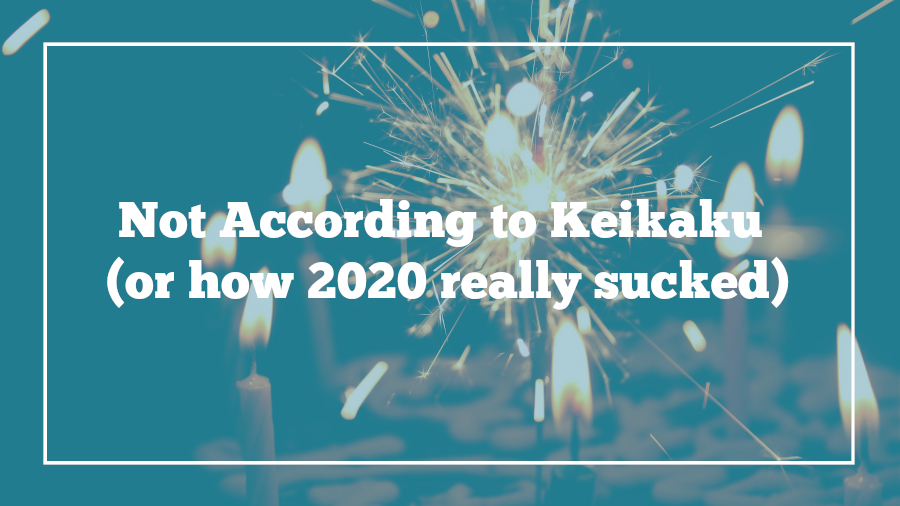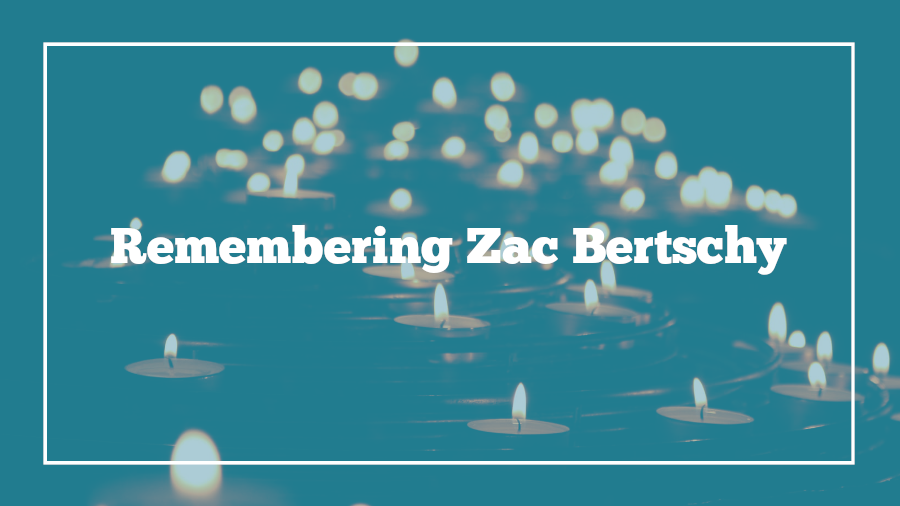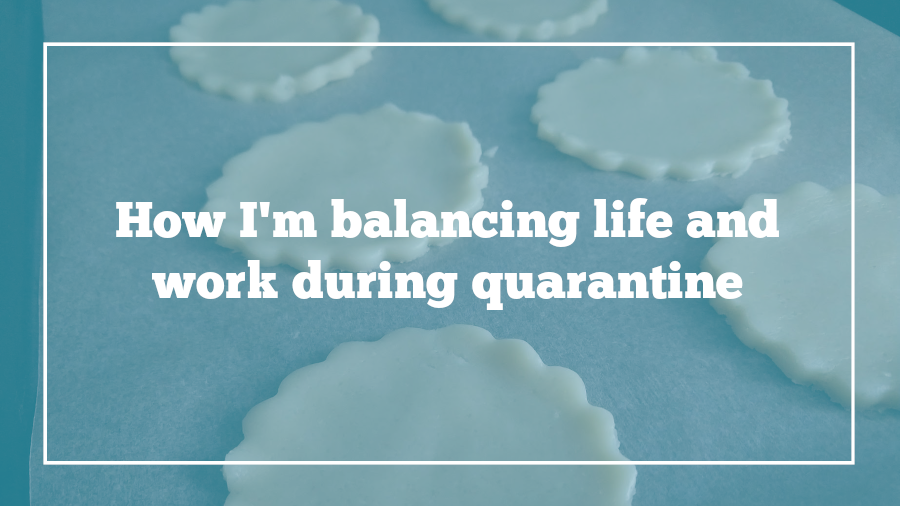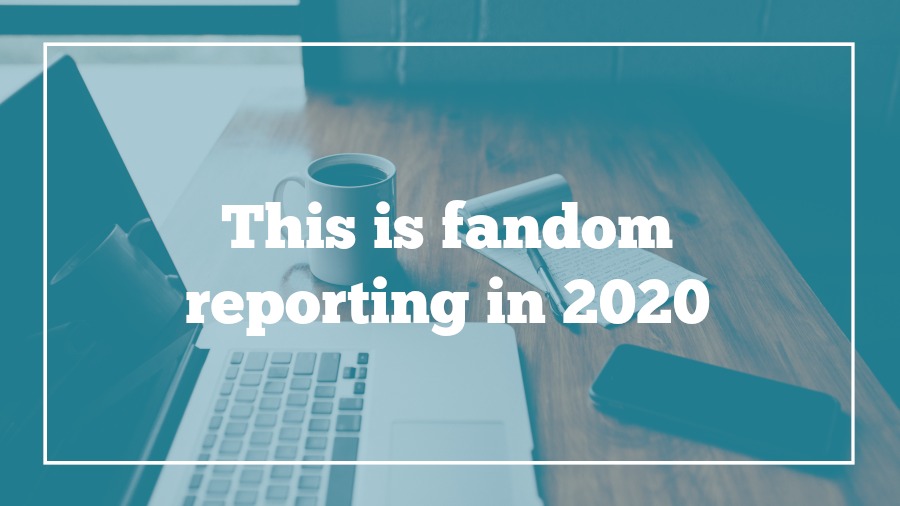
Today is my birthday so I’m feeling self-indulgent enough to finally update my blog. I’m doing about as well as anybody could be in this terrible year. Each day I wake up with a primary goal: keep my daughter alive and mostly in one piece. Everything else is secondary.
This is all very much Not According To Keikaku, as the saying goes. I never planned to leave my career behind in order to be a stay-at-home-mom, but I never planned for a global pandemic either. Back in February, I wrote about learning to balance being a mom with client work. As the pandemic has dragged on, most of those clients have let me go or even closed up shop. Instead of doubling down on the work that I was still lucky enough to have, I instead did the bare minimum. I will be lucky to break $15k in income this year, which is much less than a year’s worth of childcare costs in my area. Combined with /gestures at everything/, John and I decided that it made more sense for me to parent Eva full time until the pandemic is over.
It’s staggering how quickly I’ve forgotten who I used to be. I mentioned to a parent friend that I used to write books while our toddlers played on the playground, and I almost couldn’t get the words out, felt like I was having delusions of grandeur. Did I write books? Did I ever write anything longer or more in-depth than a grocery list? It feels like that was someone else’s life.
Isn’t it amazing how quickly we become what we practice? After a few months of being primarily a parent, I feel like that’s all there is to me. But in reality, this year I did lots of self-actualizing stuff while Eva was sleeping. Things like:
- Wrote 45 new articles for my Forbes blog. I’m especially proud of my reviews for Paranoia Agent and Beastars; and my interview with Waka Hirako, the author of My Broken Mariko.
- Built and painted my Trans Rights Custom Z’Gok Gunpla kit.
- Redesigned Gunpla 101 and published dozens of contributor pieces.
- Co-hosted a panel on fall anime for New York Comiccon (virtual) with Lynzee Loveridge.
- Was invited back to judge the Crunchyroll Anime Awards.
- Wrote a femslash fanfic (and made it public because Georgia went blue).
- Wrote an essay for Anime Feminist (OK that was on motherhood).
- Guested on The One Piece Podcast (OK that was also about motherhood).
It’s a shorter list than usual, but getting anything done this year is a win. This was a year in which I only knew what day it was by which of my weekly anime episodes or webtoon updates went live. This was a year full of misfortune both public and personal, one in which I have experienced levels of world-weary, bone-deep fatigue like never before. I’m just glad to have made it to age 34, even if I can’t celebrate it like I usually would.
If you’ve made it this far, I just wanted to let you know that I priced down my workbook and books to $0.99 or less. (I’m working to make my books cost $0 on Amazon, but Kindle doesn’t make it easy so I need to jump through a few more hoops first.) It’s not much but I’d like to increase their accessibility at a time when so many things feel more difficult than they should be. Thanks for reading and for supporting me, whether you’ve been reading for one post or all 912 (yes, really). And hang in there. My birthday is the darkest day of the year, and I’ve always gleaned hope from the unchanging fact that after today, the days will get lighter. They really will.
Lead photo by Nikhita Singhal




